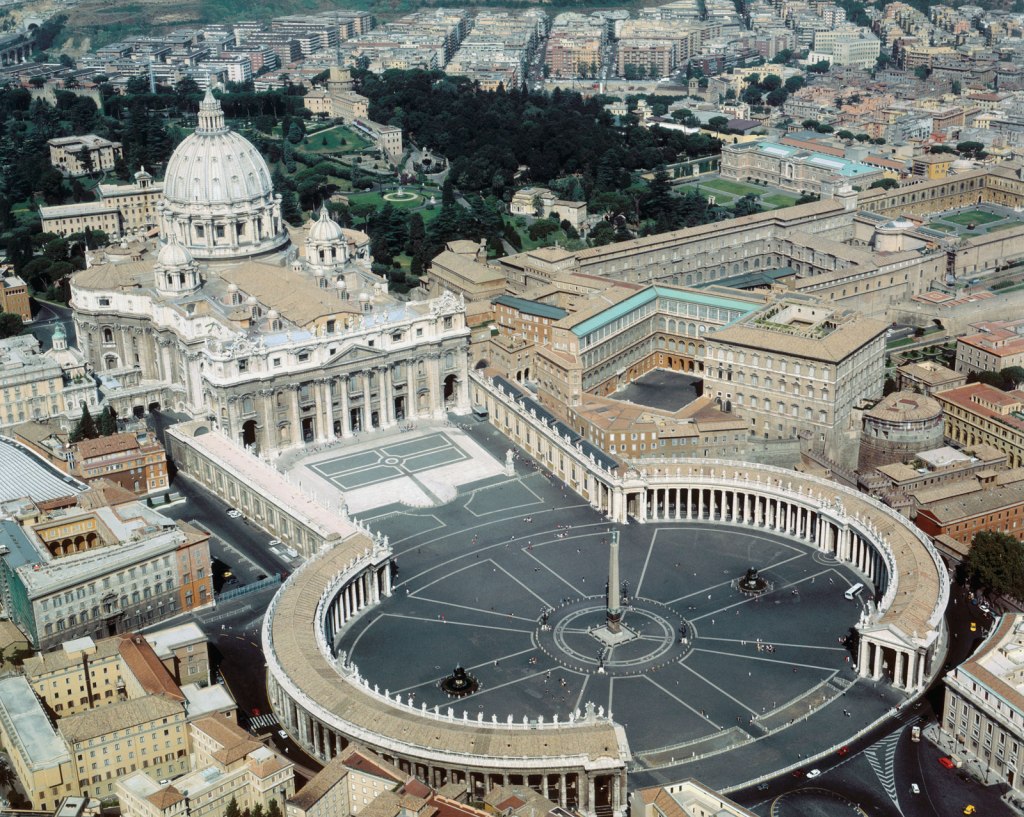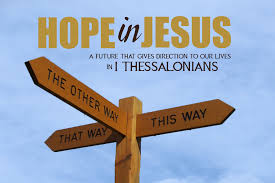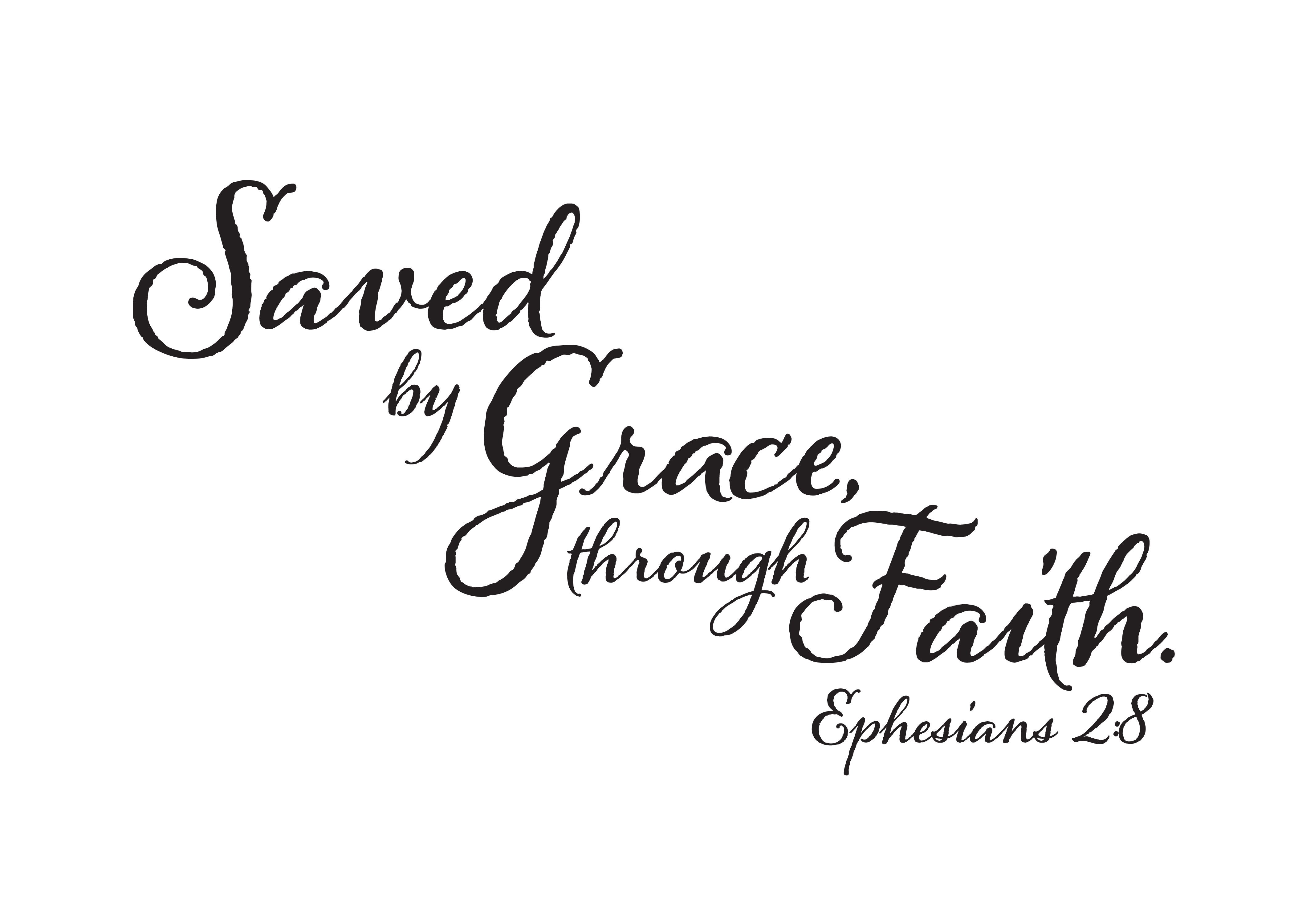TRESPASSING
By Richard C. Reid
Yes, I’ll tell you why. When I was nine years old in 1921 in the Bronx. I was playing with my friends at a construction site along Blondell Avenue near Eastchester Road when the local patrol cop, O’Toole, turned onto the street riding his chestnut horse. All of us kids feared him something awful. I had my back turned to him, so I didn’t know why all my friends were suddenly yelling and running away until I looked over my shoulder and saw who was coming at a brisk trot. I was too scared to run. All I could think to do was to duck down where I was behind a stack of bricks, hoping he had not spotted me.
It was less than half a minute, but those were some of the longest seconds of my life. O’Toole, you see, was known for using his nightstick. We all had seen the bruise an older teen in the neighborhood had said he received for talking back to the cop. We had all heard the neighborhood stories about him cracking the skulls of people who resisted arrest. He was a tall man, probably six foot four. When he rode that horse, he towered over us like some giant from a fairy tale.
Now I knew he was there, just beyond my hiding spot because I could hear his horse panting but since he was saying nothing, I thought maybe I was going to get away with it. Fat chance.
“I know you’re there.”
Those simple words cut into me like a knife but I still didn’t move, hoping he wasn’t sure anyone was actually behind those bricks, that maybe he was just trying to bluff me out.
“You dumb Mick. If I have to get off this horse, you’ll wish I didn’t.”
It was then that I knew the jig was up. Standing, I saw a little smile cross his lips. I didn’t like the look of it. Still on his horse, he ordered me to follow him to the street. He was Irish like me, but he called us all Micks.
“Can you read, Mick? Tell me what that sign says.”
No Trespassing. He had me say it several times, each said louder than before. With one arm, he scooped me up like a milk bottle, put me on his horse in front of him, and said I had to direct him to my house which wasn’t very far.
Spying one of my older sisters, he asked her to get my father who came out right away. After the cop put me down, I ran to her on the porch, clutching her tightly while my father went over to speak with the dreaded policeman. At that point, I was more afraid for my father than I was for myself. I was very familiar with his oft-told tale about leaving Ireland to avoid arrest because he had badly beaten a cop. That was how my family came to be in America, a few months before I was born here, at least that was the family story I always knew. Now he was confronting a Johnny Law who had apprehended his son and was known for freely using his nightstick when given any guff. I was terribly afraid for my father.
Bending low on his horse, O’Toole and my father spoke quietly for a bit. Then my Dad came over to me, looking and sounding quite scared.
“I tried to reason with him, Charlie. I told him you were a good boy led astray by your bad companions, but the law’s the law, he said. You were trespassing on private property. There’s nothing I can do for you now. He has to take you to jail.”
Although I was relieved to learn that my father hadn’t come away smarting from O’Toole’s nightstick, those were words I did not want to hear. I was sobbing as my father led me back to that terrifying giant who pulled me once again up on his horse.
As we set off at a slow pace heading to the Westchester Square station house, we passed neighbors who looked at me in amazement. A little girl followed us, gleefully saying in a singsong as she skipped along for half a block, “Charlie got pinched! Charlie got pinched!” on and on. It was awful.
O’Toole talked about the judge likely sending me to reform school. I found out later on that they wouldn’t have done this to a nine-year old for what I had done, but at the time, I believed him. After a few more blocks, the horse suddenly halted. That’s when the cop commanded that I look straight at him. Turning, I saw a face colder than any my father had ever shown me. I’ll never forget the intensity in his dark eyes. Had they been knives, they would have cut me to shreds.
“You know what you did was wrong, don’t you?’
I nodded silently. In response to his stern directive to say it, I blurted that trespassing on private property was wrong. He insisted I say it three times. That was when he lowered me to the street.
“I’m letting you off with a warning this time. But if I ever hear of you doing anything bad again, I’ll hunt you down and arrest you. Got that, Mick?’
I assured him I had. But he wasn’t quite yet finished with me. With the barest hint of a smile, he leaned down toward me. In a softer voice, he said something I’ve never forgotten.
“Remember to say your prayers tonight, son.”
That evening, I knelt next to my bed for my usual nightly devotions. About halfway through the Lord’s Prayer, I froze up when I realized what the next word was. In a flash, I was back there on O’Toole’s horse, his big hands gripping me. For several months as a child, I couldn’t say that prayer, couldn’t say that word, “trespasses.” I always believed it was O’Toole’s sadistic parting gift to me, making sure whenever I said my bedtime prayers, I would remember him. It wasn’t until I heard he had been transferred about five months after our encounter that I ever felt at ease in my neighborhood again.
A day after that news, I finally told my parents what had been bothering me all those months. My mother said it was just the officer’s way of telling me not to worry, that my trespassing that day would be forgiven by a merciful God who loves all children. My father thought telling kids to say nightly prayers would help keep them on the straight and narrow, adding that surely O’Toole never meant it to be a source of torment. It was then that my father, upset to hear of my pain, apologized to me, explaining that he and O’Toole had arranged the whole thing on the spot to put a scare into me, to teach me respect for the police and the law. Dad said his father had done something similar with him when he was little, that I was never really going to reform school. But he knew nothing about O’Toole telling me to say my prayers. Wondering what O’Toole meant has dogged me my whole life. I’ve also always wondered whatever happened to him.
“Officer John Patrick Aloysius O’Toole passed from his earthly life on the afternoon of June 28, 1924. When he was walking his beat in Brooklyn, he saw a tenement ablaze and ran to help. He got five people out safely before he went back for a little girl glimpsed at a fourth-floor window. Neither of them made it out.”
I never knew that. I guess he wasn’t such a bad guy after all to do something like that. Well, I expect this has been a rather long-winded answer to your question about why I always wanted to ask you my question which is this: Lord Jesus, what did O’Toole really mean that day when he told me to say my prayers?
“John’s not far from here, Charlie, just down that path over there by the pasture. He’s expecting you. Why not get reacquainted?”












